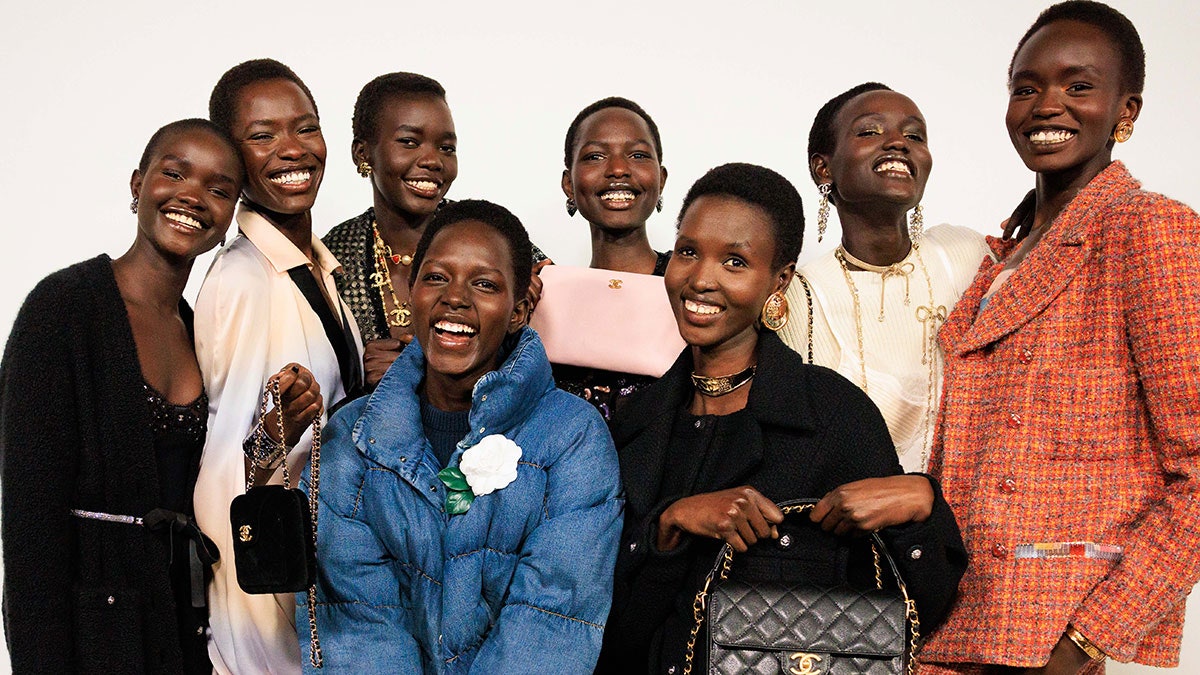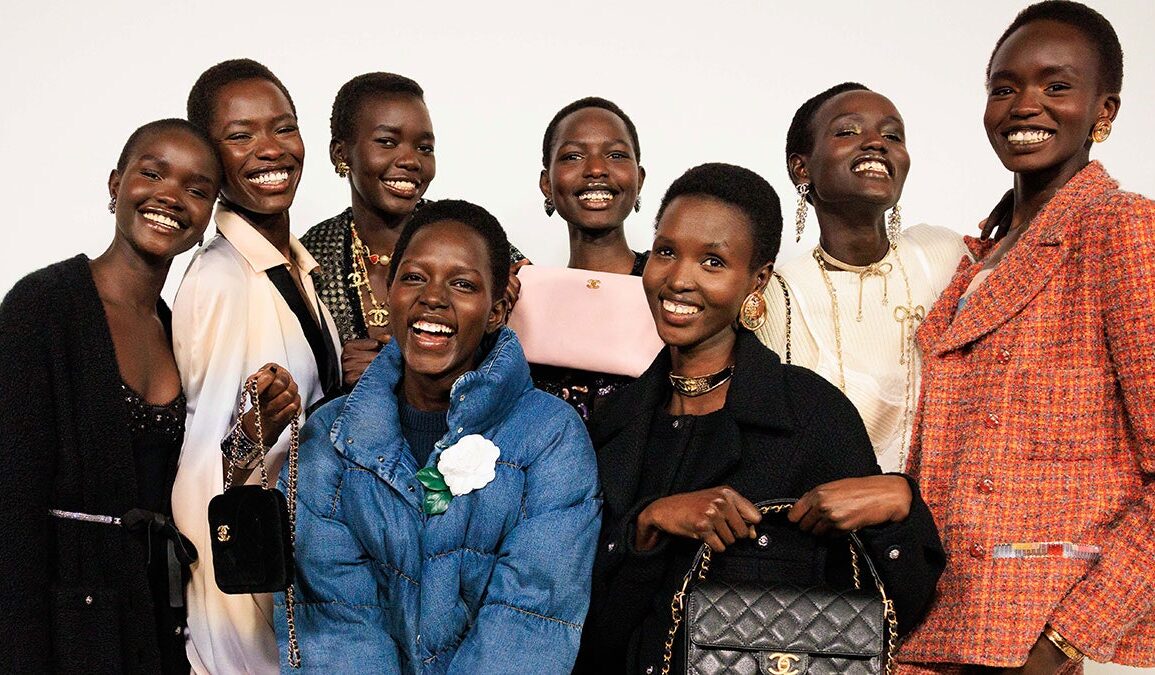
Crentsil and Bronfman add that the new normal requires Black beauty brands to present high returns and numbers, and strong product sell-throughs and retail traction, at a minimum. They must, most importantly, also showcase innovation or provide a solution to either a long-standing or an emerging concern that’s unique to Black consumers. “If Black beauty brands can leverage their knowledge of specific skin, hair or wellness concerns (such as hyperpigmentation, keloids or textured hair) and position themselves as leaders in innovation in those areas, they’ll prove differentiation and funding potential,” says Bronfman.
An investor’s wishlist
In the current climate, investors are looking for more than just strong brand projections. Nnenna Onuba, M&A strategist, British Beauty Council executive and founder of 100 Allies, an initiative that seeks to improve diversity in the beauty boardroom, says, “Brands need the trifecta: capital, connections and customers. The brands that get this right — balancing community growth with scalability — are the ones that thrive.”
One critical shift is the need for beauty brands to show retail success beyond direct-to-consumer (DTC) platforms as consumers shop across channels and platforms. “DTC alone isn’t enough for investors anymore,” says Joël Palix, founder of Palix Unlimited, an M&A advisory and investment firm. “Investors want to see brands thriving on social media and performing well in major retailers like Amazon, Boots or specialty pharmacies. These indicators show that a brand’s community extends beyond its own channels.”
However, retail opportunities can be difficult to navigate for Black founders who either lack the retail connections, resources and funds from the offset, or once available in-store, struggle to meet sales and performance targets as they are at the mercy of a retailer’s customer base, marketing, advertising and partnership strategies — hindering the brand’s profile. “Entering into a retailer as a small, Black self-funded brand was not easy or cheap — especially as a textured hair brand that is often a new and niche category for retailers,” says Titi Bello, founder of haircare brand Ori Lifestyle, who launched in Harrods in 2020 and exited this month for cost reasons. “I had to invest more to sell more and the way that big retailers are set up is not for smaller, emerging Black brands to thrive.” (Harrods did not respond to requests for comment regarding its efforts to support Black-owned brands in stores.)


